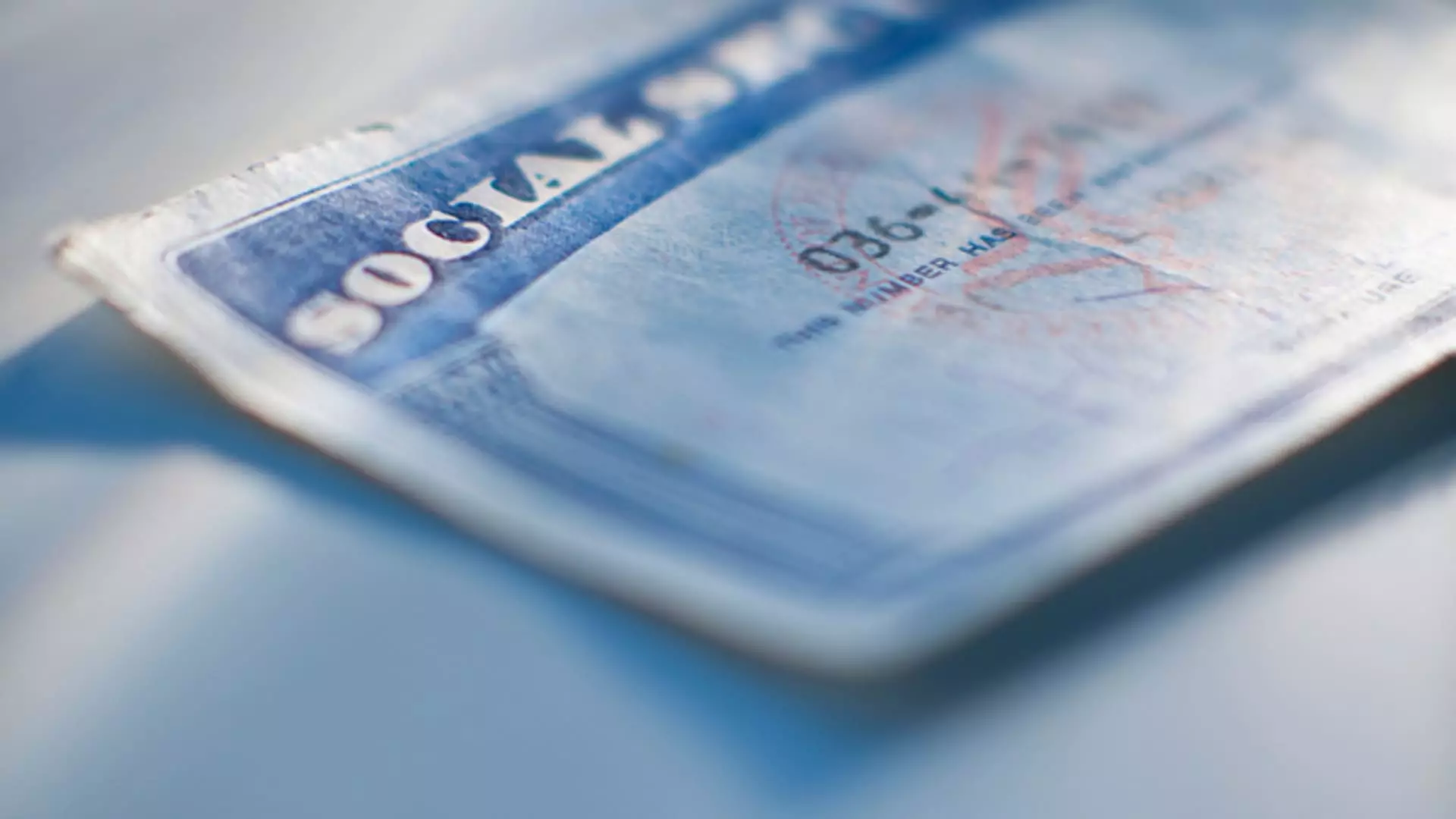The recent data breach at National Public Data is a major cause for concern as it potentially exposed billions of personal records to malicious actors. Reports suggest that over 2.7 billion records may have been leaked, highlighting the sheer magnitude of the breach. The compromised information includes sensitive details such as Social Security numbers, names, email addresses, phone numbers, and mailing addresses, leaving individuals vulnerable to identity theft and fraud.
National Public Data’s response to the breach has been lackluster, with the company failing to provide timely updates or respond to requests for comments. The lack of transparency and accountability on their part is concerning, especially given the severity of the breach and the implications for those affected. The company’s negligence in safeguarding personal information has put millions of individuals at risk, highlighting the urgent need for stricter data protection regulations.
Data Accuracy and Privacy Concerns
Cybersecurity professionals analyzing the breached data have raised concerns about its accuracy and relevance. Much of the information exposed in the breach was reportedly already available through public records or online sources. This raises questions about the legitimacy of data collection practices employed by companies like National Public Data and the potential privacy implications for individuals whose information is being scraped without their consent.
In light of the data breach, experts are urging individuals to take proactive steps to protect their personal information. One of the most critical actions is to freeze your credit with the three major credit bureaus – Equifax, Experian, and TransUnion. This can help prevent unauthorized access to your financial records and mitigate the risk of identity theft. Additionally, changing passwords, enabling multi-factor authentication, and avoiding sharing personal information on public networks are essential measures to enhance cybersecurity.
Individuals concerned about their data privacy can opt out of data collection services like National Public Data, although this process can be time-consuming and challenging due to the proliferation of data brokers. Alternatively, investing in identity theft monitoring tools and dark web monitoring services can provide added layers of security and alert you to any suspicious activity involving your personal information. While legal avenues exist for seeking damages in the event of a data breach, the actual compensation received is often nominal and may not reflect the true impact of the breach on affected individuals.
The National Public Data breach underscores the growing threat of data breaches and the urgent need for stronger data protection measures. Companies must prioritize cybersecurity and transparency in handling sensitive information to prevent future breaches and protect consumer privacy. Individuals, on the other hand, should remain vigilant about safeguarding their personal data and take proactive steps to mitigate the risks of identity theft and fraud in an increasingly digital world.

Leave a Reply